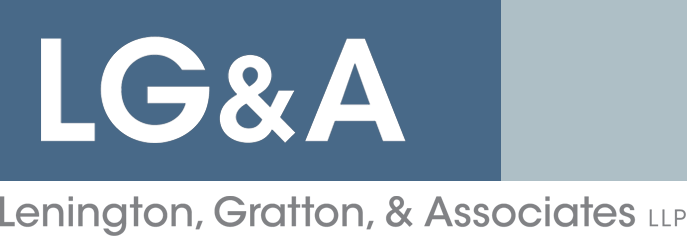Let Our Commercial Lease Attorneys Draft Or Review Your Lease
Whether you are a commercial property owner or a commercial tenant, it is important to have a carefully drafted lease that effectively minimizes risk and protects your investment. Our commercial lease attorneys at Lenington, Gratton, & Associates know how to draft leases that clarify expectations for both parties while minimizing the potential for costly disputes.
To set up a consultation, please call us in Canonsburg, Pennsylvania, at 724-271-8300 or Fort Walton Beach, Florida, at 850-374-8549, or complete our contact form. Our attorneys are licensed to practice in Pennsylvania, Ohio, Virginia, West Virginia, Texas, New Mexico, Alabama and Florida.
Our Commercial Property Lawyers Have Experience In Commercial Leases For Many Types Of Properties
No two businesses are exactly the same, and no two commercial spaces are exactly the same. Our attorneys can draft or review a commercial property lease that accounts for your specific needs. We have experience in many types of industries, including:
- Manufacturing
- Shipping
- Retail
- Office space
- Oil and gas production
Leasing these types of properties comes with unique considerations for property owners and tenants. You can rely on our attorneys to take a forward-thinking approach that protects your interests now and in the future.
See our Commercial Real Estate FAQ to learn more.
How Our Commercial Lease Attorneys Can Help
We aim to draft a lease that protects your interests in the space you’re providing and reduces the risk of potential disputes. We can do that by:
- Ensuring that your requests comply with municipal zoning rules
- Ensuring that your agreement is legally enforceable
- Stating the specific requirements and expectations of space use by tenants
- Stating the potential remedies and damages if tenants violate the contract
- Identifying potential liabilities and loopholes within the agreement
Before we draft your commercial property lease, we will meet with you to learn about your business, how it operates and the goals you’d like to achieve by leasing your commercial property. Then, we can tailor your lease to meet your needs and address all the potential implications above.
Contact Our Commercial Property Lease Lawyers Today
We are here to answer your questions and help you find practical solutions. Our attorneys have offices in Pennsylvania and Florida, and we can be reached in Canonsburg at 724-271-8300 or in Fort Walton Beach at 850-374-8549. You can also contact us by email to set up a consultation.
